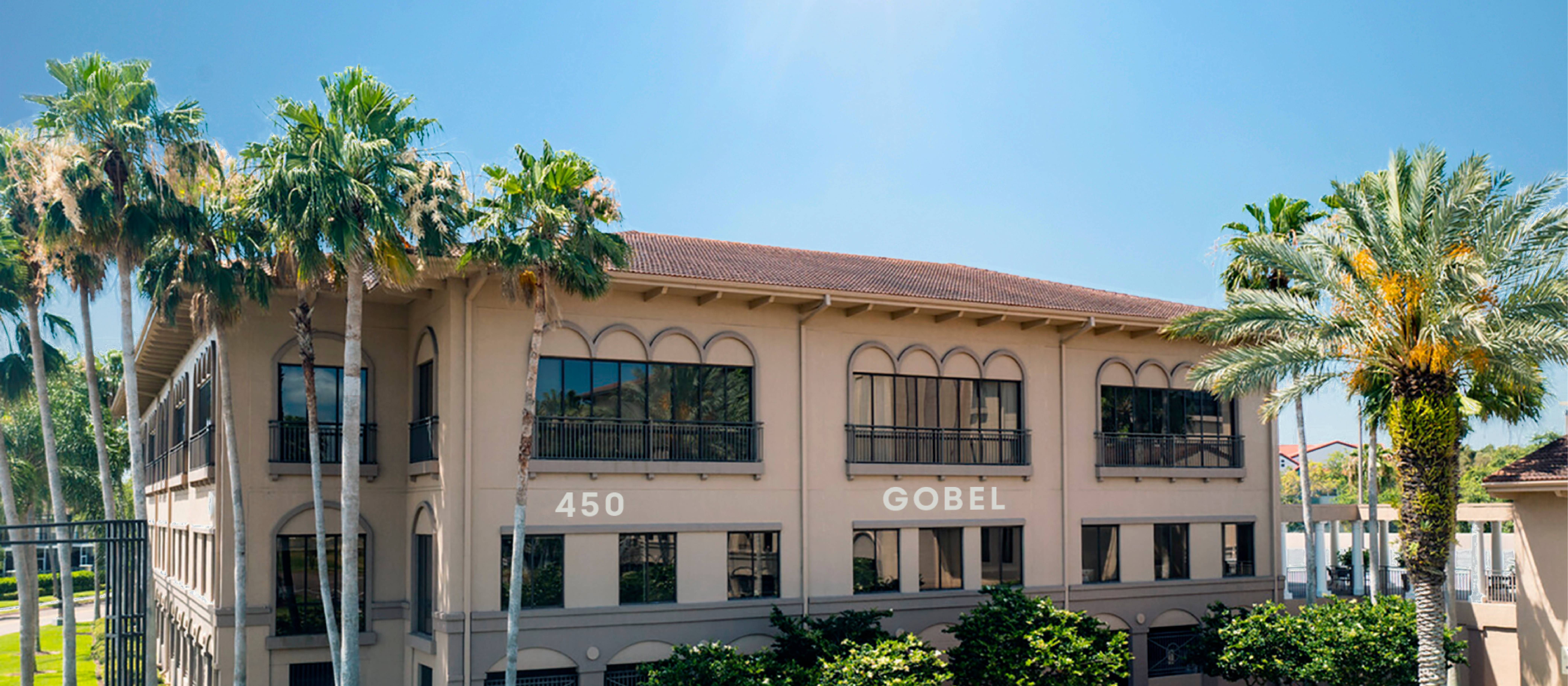Giving USA recently published its annual report on charitable giving, noting an increase in 2019 over 2018. This seems like cause for celebration, right? After all, according to the organization, Americans increased their gifting by an inflation-adjusted 2.4%. However, when we dive deeper, it turns out donations are stagnating.
Although overall giving went up, the numbers that our company, Gobel Group, focus on have to do with giving as a percentage of GDP. Our team forecasted this figure would yet again come in at 2.1% in 2019. According to Giving USA, we were right. But this isn’t exactly impressive. It’s easy to predict charity as a percentage of GDP accurately — this number has been stuck for nearly forty years at 2.1%, with just minor variations above or below.
Many challenges are responsible for this dismal statistic. Some are modern, like declining church attendance, but others are as ancient as civilization. To understand the problem, we needn’t turn to the latest self-help guru on YouTube. Instead let’s go back more than 2,000 years. It so happens none other than Aristotle had his finger on the pulse of fundraising fails.
As Aristotle wrote in Nicomachean Ethics 4:
“Most people who spend too much, as it is said, both take what is not right and are cheap because of that. They become greedy because they want to spend but cannot do this easily because their funds quickly escape them. They are therefore compelled to procure from elsewhere. In addition, because they don’t think at all about nobility of action, they take from everywhere. They desire to give and it makes no difference how or where to them. For this reason, their giving is not liberal. For the gifts are not noble or given for nobility’s sake, nor in the way that is correct. Sometimes they make those rich who ought to be poor and they will give nothing to those humble in character, but they provide much to their flatterers and those who please them.”
Based on this passage, it’s clear Aristotle wisely identified a major barrier to effective charitable giving: Sometimes those with considerable resources are not particularly philanthropic. In his words, “their giving is not liberal.” Aristotle also recognized charitable gifts not given “for nobility’s sake” are not sustainable. In the modern world, nonprofits continue to hit this wall when their fundraising efforts are driven completely by wealth data — which have little bearing on Aristotle’s thorny question of why people give to charity.
Gobel Group seeks to address this ancient challenge with a modern solution. As discussed in our last post, nonprofits have the data to identify those individuals truly resonating with their mission, which thought leaders like Seth Godin call their tribe. The good news? This crucial data exists in every organization’s ecosystem. The bad? It’s rarely captured and properly understood.
Today’s organizations looking to cut through the barriers Aristotle identified can at last do so. The trick is leveraging Big Data with the power of artificial intelligence (AI). The process begins by looking beyond financial assets to the hundreds or sometimes even thousands of data points concerning the relationship between a group and its potential benefactor(s).
This is precisely what Gobel does for healthcare organizations seeking philanthropic donations. By creating a custom algorithm based on hundreds of variables best measuring an organization’s relationship with the folks composing its community, Gobel can then assign a gratitude score to each person, reflecting the likelihood they will be willing to financially support its mission, we call this Gratitude to Give, or G2G. Best of all, by utilizing machine learning, the algorithm is constantly being refined and improved to solve for signs of generosity. The data gets better over time, instead of fading in relevance.
Additionally, the G2G gratitude score can help organizations grow their fundraising by not only locating likely donors, but those who will continue gifting to an organization because they so strongly resonate with it. In fact, we have helped clients grow their philanthropy by four to five times in short order by targeting the right potential donors.
But we’re not satisfied with helping just our clients achieve success. Our goal is to finally solve this historic dilemma. We want to drive a massive increase in charitable giving as a percentage of GDP that has eluded humanity for so long. Due to breakthroughs in machine learning, we know it’s possible to increase philanthropy as a percentage of GDP by a full percentage point.
This might not sound like much, but remember, we’re talking about really big numbers when it comes to GDP. An increase in giving as a percentage of GDP to the 3.1% level would bring in an additional $200 billion to worthy nonprofits, and in the process, rekindle a culture of giving that has faltered in recent decades.
Gobel Group is dedicated to reaching this lofty goal, and helping our clients reach individual success on the way. We can only hope that Aristotle himself would approve of our efforts! If you would like more information about our G2G product and how it could be applied to your organization to increase philanthropic revenue, contact us to schedule a 15-minute call.
